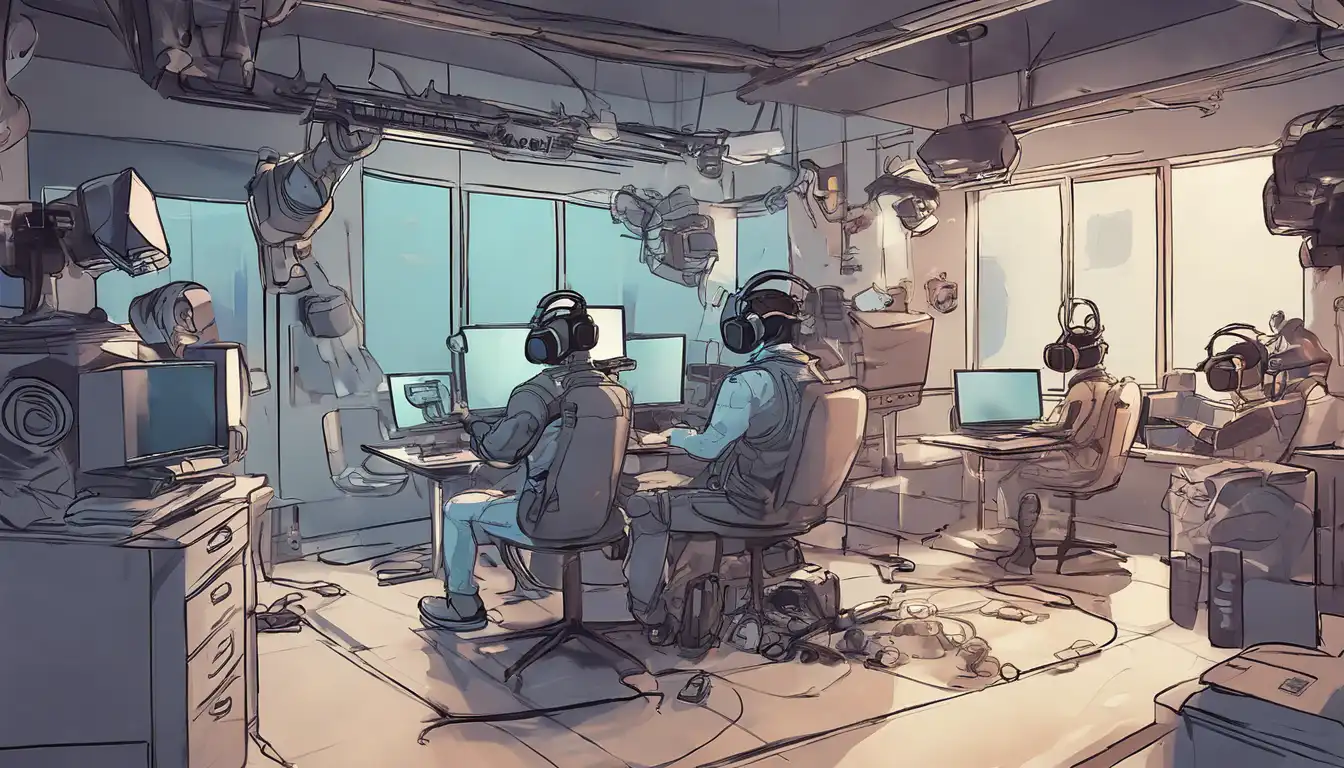Introduction to Virtual Reality Development
Virtual Reality (VR) development is an exciting field that combines creativity with technology to create immersive experiences. Whether you're a seasoned developer or a newcomer, starting with VR development can seem daunting. This guide aims to simplify the process and provide you with the foundational knowledge needed to embark on your VR development journey.
Understanding the Basics of VR
Before diving into development, it's crucial to understand what VR is and how it works. VR creates a simulated environment that users can interact with in a seemingly real or physical way. This is achieved through the use of VR headsets, motion tracking, and immersive audio.
Choosing the Right Tools and Platforms
There are several tools and platforms available for VR development, each with its own set of features and capabilities. Some of the most popular include Unity, Unreal Engine, and A-Frame. Choosing the right one depends on your project requirements and your familiarity with the tool.
- Unity: Offers a user-friendly interface and is great for beginners.
- Unreal Engine: Known for its high-quality graphics, suitable for more advanced developers.
- A-Frame: A web-based framework that allows for VR development directly in the browser.
Learning the Fundamentals of VR Design
Designing for VR is different from traditional software development. It requires a focus on user experience (UX) and user interface (UI) design that accommodates a 360-degree environment. Key considerations include navigation, interaction models, and avoiding motion sickness.
Developing Your First VR Project
Start with a simple project to apply what you've learned. This could be as straightforward as a virtual tour or a basic interactive game. The goal is to get hands-on experience with the tools and concepts of VR development.
Testing and Iteration
Testing is a critical part of VR development. It's important to gather feedback from users to identify any issues with the experience. Iteration based on this feedback will help refine and improve your project.
Resources for Further Learning
There are numerous resources available to help you continue your VR development journey. Online courses, forums, and documentation can provide valuable insights and support as you advance your skills.
Embarking on VR development is a rewarding experience that opens up a world of possibilities. By starting with the basics, choosing the right tools, and continuously learning, you can create immersive experiences that captivate and engage users.
